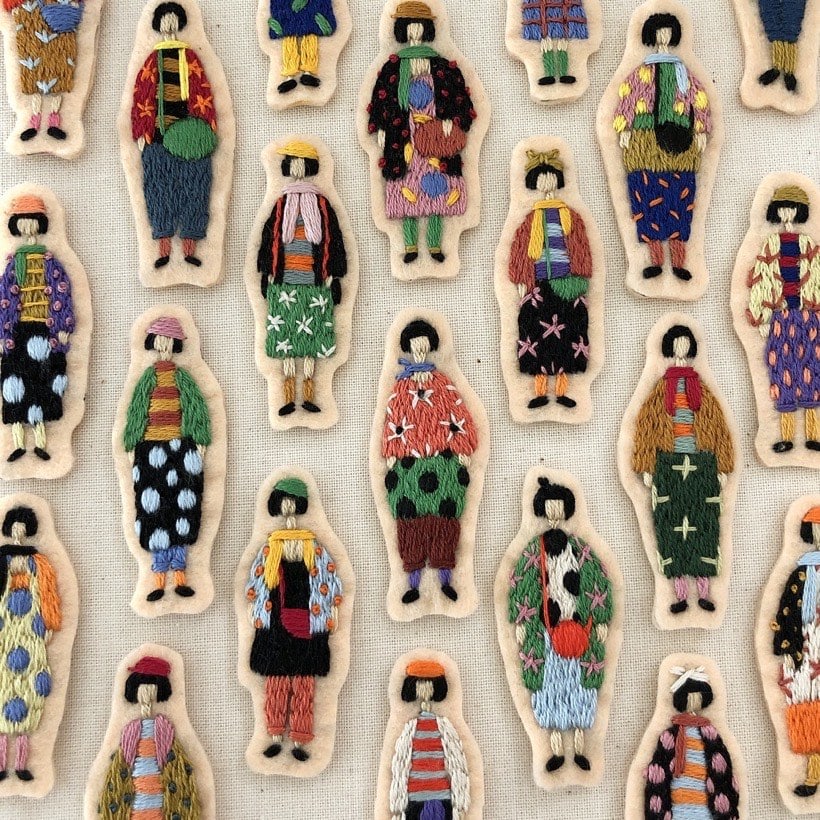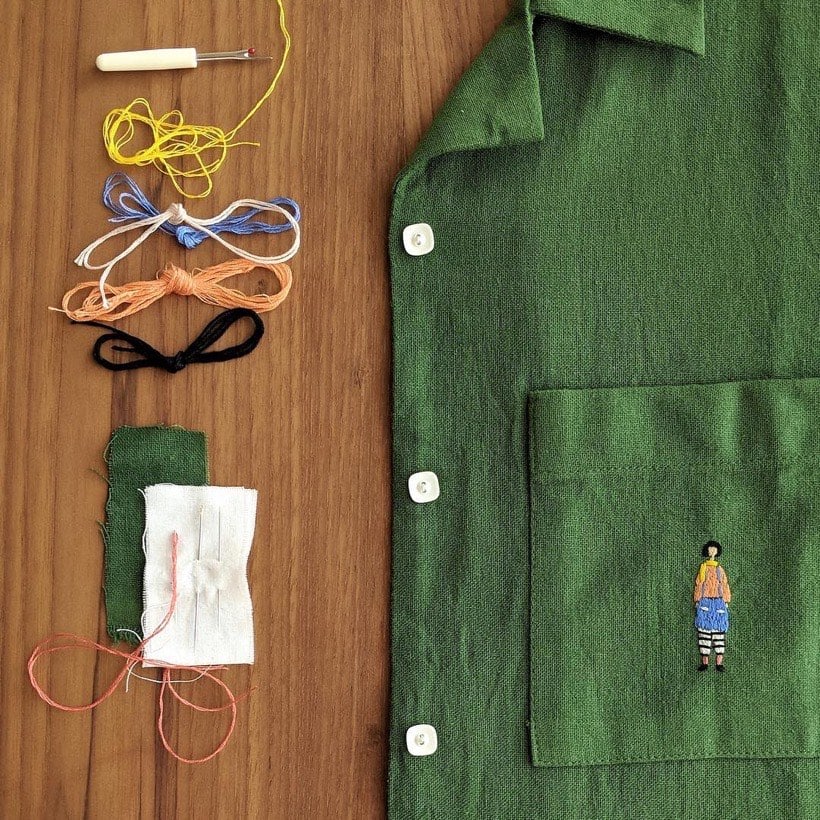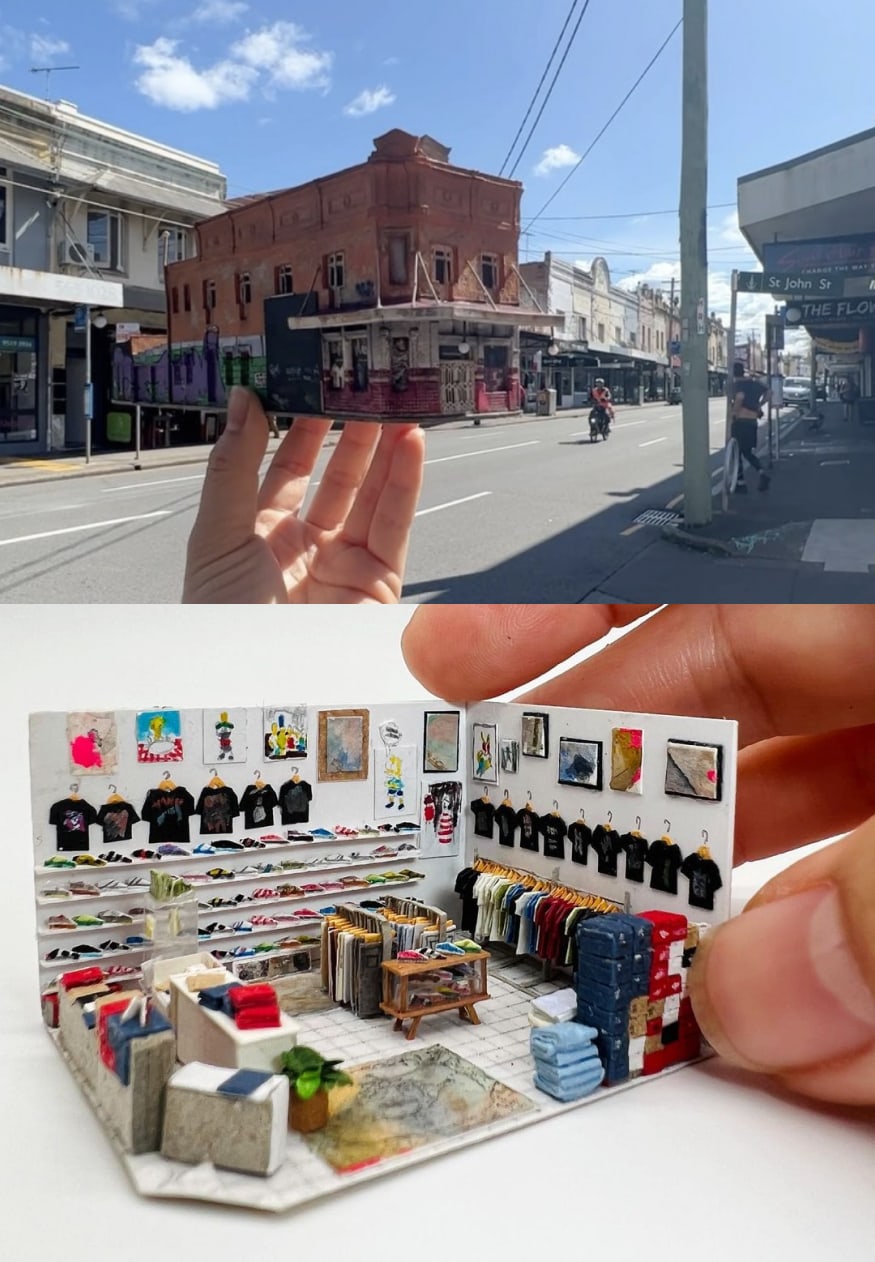 |
| |
|
|
|
Critical thinking – the ability to analyse information objectively and make a reasoned judgement – is an essential skill in the information age. But with mis- and disinformation proliferating online, it’s getting harder to find attention-worthy signals in the noise.
That’s why a group of cognitive scientists argue in this Conversation piece that critical thinking is no longer enough. We urgently need to add a new skill to our repertoire: critical ignoring – the thoughtful and strategic allocation of our attention online.
“Critical ignoring is the ability to choose what to ignore and where to invest one’s limited attentional capacities. Critical ignoring is more than just not paying attention – it’s about practising mindful and healthy habits in the face of information overabundance.”
The authors identified three key strategies for practising critical ignoring:
“In the digital world, self-nudging aims to empower people to be citizen ‘choice architects’ by designing their informational environments in ways that work best for them and that constrain their activities in beneficial ways. We can, for instance, remove distracting and irresistible notifications. We may set specific times in which messages can be received, thereby creating pockets of time for concentrated work or socialising.
“Lateral reading is a strategy that enables people to emulate how professional fact checkers establish the credibility of online information. It involves opening up new browser tabs to search for information about the organisation or individual behind a site before diving into its contents. Only after consulting the open web do skilled searchers gauge whether expending attention is worth it. Before critical thinking can begin, the first step is to ignore the lure of the site and check out what others say about its alleged factual reports. Lateral reading thus uses the power of the web to check the web.
“The do-not-feed-the-trolls heuristic targets online trolls and other malicious users who harass, cyberbully or use other antisocial tactics. Trolls thrive on attention, and deliberate spreaders of dangerous disinformation often resort to trolling tactics. … Resist debating or retaliating. Of course, this strategy of critical ignoring is only a first line of defence. It should be complemented by blocking and reporting trolls and by transparent platform content moderation policies including debunking.”
These strategies may seem obvious but I think articulating them clearly and giving them a catchy name can help us educate others in strong digital information literacy.
An inspiring, positive example comes from Finland, where eighth graders are taught how to recognise false or inaccurate information, making the country the European leader in resilience to misinformation.
– Kai
|
| |
|
Become a Friend of DD today →
With a modest contribution of just $1.83 per month, you’re not only helping keep Dense Discovery going, you also receive special discounts, get access to the DD Index (a searchable catalogue of past issues) and a range of other benefits. Plus, it removes this message.
You receive this email because you subscribed to Dense Discovery, a weekly newsletter at the intersection of design, tech, sustainability, urbanism and more. Writing to you from Melbourne is Kai Brach. Do you have a product or service to promote in DD? Find out more about advertising in DD.
|
| |
Experience The Joylands SPONSOR
|
|
Charlo is a multimedia artist and designer who strives for one thing: joy. Using symbols, letters and lines, his monochromatic two-dimensional works are a space for exploration and discovery. With The Joylands, Charlo has created a deck of cards to serve as a reminder of the magic that unfolds when we come together, be it with our community, friends, or family. A perfect holiday gift for lovers of art, click here to learn more.
|
|
| |
Apps & Sites
|
|
Relay is a bit like Zapier with an emphasis on integrating AI into certain steps while still allowing human oversight. For example, extract information from incoming emails, then generate personalised content for a templated reply, but still require a human check before sending. Friends of DD enjoy three months unlimited usage for free.
Become a Friend to access specials like this.
|
|
|
Based on a range of food award guides, Map of the Best offers a curated collection of the world’s most distinguished restaurants and bars. Simply enter the city you’re visiting and get recommendations that you can filter by rating, price and reviews.
|
|
|
Just like a pinboard in a hallway you can post and read useful offered, wanted and recommended suggestions to and from people in your Pinboard group. It’s a simplified version of a Facebook Group with a weekly summary email sent to all members.
|
|
Analysing multistorey living
|
|
An interesting interactive visualisation by Spanish newspaper elDiario.es that analyses the footprint of more than 12 million buildings to map the height of Spanish cities in 3D and assess them for sustainability and impact on the current urban environment.
|
|
| |
Favourite Books: Zara Rahman
|
|

Six book recommendations by researcher and writer on tech/social justice Zara Rahman
|
|
by Carolina De Robertis
This is a heartbreaking, beautiful historical fiction novel about five queer women and their love, relationships, friendships and resistance during the Uruguayan dictatorship. Even though it’s set during a time of brutal oppression, the joy they find in building resistance sings through.
by Akwaeke Emezi
Set in Nigeria, this book explores queer identity and love in a way I’ve never come across before: in a way it’s a reverse-take on a murder mystery, but somehow almost nothing about the book is really, actually, about death – it’s about love and loyalty. It’s fearlessly incomparable, and not at all what you’re expecting.
by S.A. Chakraborty
This Islamic speculative fiction novel is one of a kind. Starting in Cairo, Nahri, a con woman down on her luck, unwittingly draws upon a part of her heritage she didn’t know about, and ends up calling a Djinn to help her. That’s just the start of an array of adventures, with themes of political intrigue, racial tensions, and strong (but flawed!) female characters, too. The world-building is complex but trust me, it’s worth it. You’ll be glad it’s a trilogy!
by Négar Djavadi
A multigenerational epic and a gorgeous mix of people’s histories and personal experiences, from generations of the narrator’s ancestors in Iran, to her own immigration experience from Iran to France. It’s a beautiful way to explore Iranian history, with touchingly familiar family dynamics and pressures, particularly for fellow immigrants.
by Suzette Haden Elgin
This feminist science fiction novel was published in 1984 and is set in a dystopian future where women’s rights have been stripped away, and multilingualism becomes essential for trade purposes. Without giving too much away, language becomes the key to overthrowing the patriarchy – an intriguing premise and rich food for thought.
by Bernardine Evaristo
This an underappreciated book from Evaristo’s list of works, and easily the funniest of her novels. The premise: an Antiguan-Londoner in his seventies, married to a woman for almost 50 years, is secretly gay and lovers with his old childhood friend, Morris. It’s a funny, ironic, rich portrait of the Caribbean community in the UK, questioning the cost of being true to oneself and the compromises we make.
(Did you know? Friends of DD can respond to and engage with guest contributors like Zara Rahman in one click.)
|
|
| |
Books & Accessories
|
Technology, power, and upheaval
Mustafa Suleyman is the co-founder of the pioneering artificial intelligence company DeepMind. He believes we’re close to crossing a critical threshold that will lead us to face what he calls ‘the containment problem’ – the task of maintaining control over powerful technologies – as the essential challenge of our age. “The coming decade, he argues, will be defined by this wave of powerful, fast-proliferating new technologies. Driven by overwhelming strategic and commercial incentives, these tools will help address our global challenges and create vast wealth – but also upheaval on a once unimaginable scale.”
|
|
Specialty coffee culture
An independent print magazine about specialty coffee culture, lifestyle and design – published in English and Spanish twice a year from their studio in Valencia, Spain. If you love coffee, art and creative expression on the printed page, SOLO may be your cup of tea coffee. Issue 11 is scheduled for December 2023. Friends of DD enjoy a 10% discount on any product in their shop.
Become a Friend to access specials like this.
|
|
| |
Overheard on Threads
|
|
Twitter is completely dead. I posted a tweet with a typo, and zero men corrected me.
|
| |
Food for Thought
|
|
What does a doctor of bioengineering think of comparing capitalism to cancer? In yet another intriguing piece, Spencer R. Scott reveals what studying immunology taught him about living on Earth and an economic system that controls our every behaviour. “The same systems that pollute the earth, pollute us both literally and metaphysically. We are being poisoned with PFAs, pesticides, microplastics, and unhealthy food that is created not to nourish us but to drive profit. Meanwhile, our internal world is subject to cognitive warfare. Our mental capacities are being polluted by addictive media, advertisements, weaponized status anxiety, misinformation and consumer culture. Perhaps most importantly, many people on the inside of the “tumor” have been polluted and indoctrinated with the same beliefs and mental frameworks that create the pollution. This has become known as ‘internalized capitalism’, a phenomenon by which our self-worth becomes tied to our ability to produce profit at all costs, by our ability to help the tumor grow and metastasize.”
|
|
|
Simon Sarris makes a case for treating audio books as seriously as ‘real’ books, in part because they teach us to listen – a skill that deserves practice. “Listening is a skill. One you should take seriously and one that might have atrophied in recent times. I can’t prove this change, though I think we can infer it a little from changes in media – for instance movie scenes, cuts, and dialogue have all been shortened over the decades. Generally the pacing of nearly all media has quickened. Possibly the delivery of ‘more, faster’ is the result of a too-great respect for novelty as an artistic flourish. I think these changes, and maybe others I can’t see, affect how people choose to make conversation in their daily lives, and make it shorter and faster too.”
|
|
|
I think cross-language and cross-culture communication is one of the big benefits of smarter tech (AI) that will allow us to learn from other cultures in ways that wasn’t possible before. Douglas Hofstadter disagrees and fears that important parts of the human experience will get lost when machines do the translating. I don’t fully buy his argument but I still think he raises some good points. “For me, using language is the very essence of being human. When I speak, I am communicating not only facts, but a way of being. Through my word choices and subtle intonations and tiny hesitations and droll puns and dumb errors (and so on), I am revealing who I am. I am not a persona, but a person.”
(Possible paywall – free archived view)
|
|
| |
Aesthetically Pleasing
|
|
Irene Saputra is an Indonesian embroidery artist that has somewhat specialised in small figurines in various items of clothing, celebrating everyday fashion.
|
|
|
Australia-based artist Mylyn Nguyen creates miniature copies of buildings, interiors, food trucks and much more, using mostly just paper and a bit of plastic from take-away boxes.
|
|
|
Get a very wholesome peek into the rural life of Azerbaijan where Aziza and her family care for their village and share their life with the world through their popular Youtube channel Country Life Vlog. Watch them build a pantry, cook a pizza and prepare lots of traditional food in episodes that are usually around 20 minutes long, non-narrated and beautifully shot. (via)
|
|
|
Inspired by late 19th century’s Gothic typefaces, Flexible is versatile uppercase typeface that allows designers to play with each letter’s height and width.
|
|
| |
Notable Numbers
|
|
For the first time ever, more than one in 10 people in Japan are now aged 80 or older. The country has the world’s oldest population, measured by the proportion of people aged 65 or up, the United Nations says.
|
|
|
European governments have ‘systematically’ shrunk their railways and starved them of funding while pouring money into expanding their road network, a report has found. For every €1 governments spent building railways, they spent €1.6 building roads.
|
|
|
A Minnesota horticulture teacher set a world record in California for the heaviest pumpkin after growing a giant jack-o’-lantern gourd weighing 2,749 pounds (1,246 kg).
|
|
| |
Classifieds
|
|
Subscribe to the Mettā View, a weekly Substack newsletter exploring multi-layered storytelling, brand development and conscious communication. Also available in audio format.
You wanted to run an agency, and now it’s running you. Work with Same Team Partners to get your company in order so you can focus on growing your business, not just managing it.
Subscribe to Podcast Review, a free newsletter bringing you the week’s 5 best podcast episodes. Enjoyed by 10,000+ subscribers, including staff from Spotify & The New Yorker.
Get a Proven Sales System to Create Predictable Sales. Our program is the fastest way to grow your sales. Guaranteed, or we’ll work in your business for free or get your money back.
|
|
Classifieds are paid ads that support DD and are seen by our 35,000 subscribers each week.
Book yours →
|
|
| |
The Week in a GIF
|
|
Reply with your favourite GIF and it might get featured here in a future issue.
|
|
| |
|
DD is supported by Friends and the modern family office of  . .
|
| |
















